Navigating Heroin Addiction Treatment in Mexico: Your Complete Guide
"The success rate of heroin addiction treatment in Mexico varies significantly depending on the type and quality of the facility, with accredited, evidence-based centers offering the best prospects for sustained recovery."
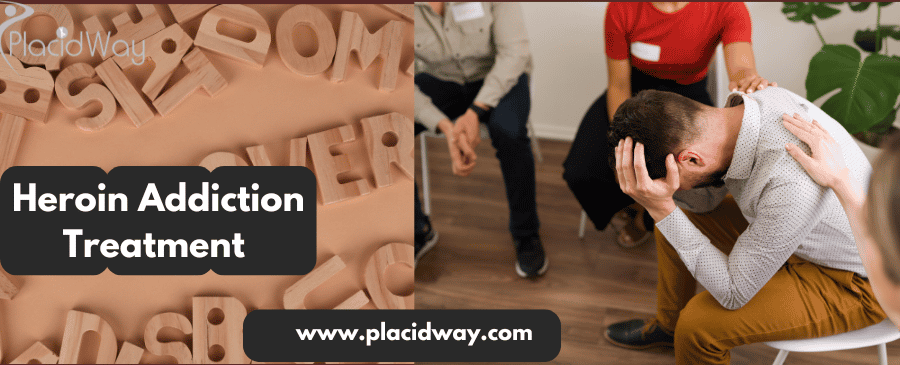
Heroin addiction is a complex and devastating disease, impacting individuals and their loved ones globally. For those seeking treatment, Mexico has emerged as a destination due to its proximity for North American residents and the availability of diverse treatment approaches, including those not readily accessible elsewhere. However, understanding the landscape of heroin addiction treatment in Mexico, including its varying success rates, types of programs, and inherent challenges, is crucial for making an informed decision. This guide aims to shed light on what patients and their families can expect when considering recovery options south of the border.
What is the overall success rate of heroin addiction treatment?
"A precise, universal success rate for heroin addiction treatment in Mexico is not definitively tracked, as it varies widely by program quality and type, but globally, addiction treatment success rates for sustained sobriety often range from 40-60%."
Defining "success" in addiction recovery is complex, encompassing various outcomes beyond mere abstinence, such as improved mental health, employment, and relationships. In Mexico, the lack of a centralized, comprehensive data collection system for all treatment facilities makes it challenging to pinpoint a single, overarching success rate. The effectiveness of treatment is highly dependent on factors like the type of program, the duration of stay, the presence of qualified medical and therapeutic staff, and the commitment to aftercare. Globally, reputable addiction research bodies often cite success rates for sustained sobriety in the 40-60% range for those who complete comprehensive treatment programs and engage in ongoing support. Relapse is a common part of the recovery journey and not necessarily an indicator of treatment failure, but rather a sign that further support may be needed.
What types of heroin addiction treatment are available in Mexico?
"Heroin addiction treatment in Mexico ranges from informal community-based 'anexos' and mutual aid groups to professional, medically supervised residential programs, including those offering alternative therapies like ibogaine."
Mexico offers a diverse array of heroin addiction treatment options, catering to different needs and budgets:
-
"Anexos" and Community-Based Programs: These are often informal, community-run centers that typically emphasize strict discipline, manual labor, and testimonials from residents. While they provide a space away from active drug use, they often lack medical supervision, professional therapy, and evidence-based practices.
-
Mutual Aid Programs: Similar to Narcotics Anonymous (NA), these programs focus on peer support and the 12-step philosophy. They are widely available and can be a valuable part of recovery, but are not standalone medical treatments.
-
Professional Residential Treatment Centers: These facilities offer more structured and medically supervised care. They may incorporate various therapeutic modalities such as Cognitive Behavioral Therapy (CBT), Dialectical Behavior Therapy (DBT), individual and group counseling, and family therapy. Many also provide medical detox services to manage withdrawal symptoms safely.
-
Ibogaine Treatment Centers: Mexico is a prominent destination for ibogaine treatment, a controversial but increasingly sought-after alternative therapy derived from a West African plant. Ibogaine is purported to interrupt opioid withdrawal symptoms and reduce cravings significantly, offering a "reset" for the brain. These clinics typically operate under strict medical supervision due to the potential risks associated with ibogaine administration.
How does ibogaine treatment specifically address heroin addiction?
"Ibogaine treatment for heroin addiction is believed to alleviate severe withdrawal symptoms and reduce cravings by interacting with opioid receptors and neural pathways in the brain, often providing a window for psychological introspection and healing."
Ibogaine is a psychedelic alkaloid known for its potential to disrupt drug dependence. When administered for heroin addiction, it is thought to act on multiple neurotransmitter systems, including opioid, serotonin, and dopamine receptors. The most notable effects often reported by patients and observed in studies are the significant reduction or elimination of opioid withdrawal symptoms and a decrease in drug cravings. This can provide a crucial "window of opportunity" where individuals are free from the immediate physiological demands of addiction, allowing them to engage in deeper psychological work. Many clinics combine ibogaine with comprehensive therapy, as the substance can also induce a dream-like state that some describe as a "life review," potentially allowing individuals to process past traumas and underlying issues contributing to their addiction. However, ibogaine treatment is not a cure on its own and requires thorough medical screening and post-treatment integration and aftercare for sustained recovery.
Are there internationally accredited heroin addiction treatment centers in Mexico?
"Yes, there are a growing number of heroin addiction treatment centers in Mexico that hold international accreditations, such as those from the Commission on Accreditation of Rehabilitation Facilities (CARF) or memberships in recognized professional associations like the National Association of Addiction Treatment Providers (NAATP)."
For individuals seeking high-quality, verifiable care, it is essential to look for internationally accredited heroin addiction treatment centers in Mexico. These accreditations signify that the facility meets rigorous standards for patient care, safety, ethical practices, and treatment outcomes. Organizations like CARF (Commission on Accreditation of Rehabilitation Facilities) and the NAATP (National Association of Addiction Treatment Providers) list accredited facilities, including some in Mexico. For example, Monte Fénix in Mexico City is a well-known center accredited by NAATP. These centers typically adhere to evidence-based practices, employ qualified medical and clinical staff, and provide a structured therapeutic environment. Choosing an accredited facility offers a greater assurance of professional, ethical, and effective treatment compared to unregulated centers.
What are the costs associated with heroin addiction treatment in Mexico?
"The cost of heroin addiction treatment in Mexico varies widely, ranging from very low (or free) for informal programs to thousands or tens of thousands of USD for luxury or specialized programs like ibogaine treatment."
The financial aspect of heroin addiction treatment in Mexico can differ dramatically.
-
Informal "Anexos": These community-based programs are often free or operate on a minimal fee basis, making them accessible to individuals with very limited financial resources. However, it's crucial to be aware of their potential lack of professional medical supervision and therapeutic standards.
-
Standard Residential Programs: More traditional residential programs that offer professional counseling, group therapy, and basic medical support typically range from a few thousand to several thousand USD per month.
-
Ibogaine Treatment Centers: Given the specialized nature of the treatment, the medical supervision required, and often a more luxurious setting, ibogaine treatment programs can be considerably more expensive, with costs often ranging from $5,000 to $15,000 USD or more for a typical short-term stay (usually 5-7 days). These costs often include medical detox, the ibogaine session, initial therapy, and follow-up support.
-
Luxury and Executive Rehabs: At the higher end, some luxury rehabs in Mexico offer bespoke services, private rooms, gourmet meals, and a wide array of holistic therapies, with prices that can exceed $20,000 USD per month.
It's important to get a detailed breakdown of what is included in the cost, such as medical detox, therapy sessions, medications, accommodation, meals, and aftercare planning, before committing to a program.
What are the challenges in accessing heroin addiction treatment in Mexico?
"Challenges in accessing heroin addiction treatment in Mexico include a shortage of professional, evidence-based programs, a prevalence of unregulated facilities, geographical disparities in access, and the presence of social stigma."
Despite the growing demand, accessing effective heroin addiction treatment in Mexico comes with several challenges:
-
Lack of Regulation and Oversight: A significant portion of the treatment landscape consists of informal or unlicensed centers that do not adhere to professional standards. This can lead to unsafe practices, ineffective treatment, and even human rights abuses in some instances.
-
Geographical Disparities: Access to quality treatment is often concentrated in major cities and tourist areas, leaving rural and underserved communities with very limited options.
-
Stigma: The social stigma associated with drug addiction in Mexico can deter individuals from seeking help, and even when they do, it can affect the quality of care they receive or their integration back into society.
-
Limited Resources: Public health systems often lack sufficient funding and resources to provide widespread, high-quality heroin addiction treatment, pushing many into the unregulated private sector.
-
Involuntary Treatment Concerns: While drug policy reforms in Mexico have aimed to shift towards a public health approach, involuntary treatment remains a concern in some areas, which can be counterproductive to long-term recovery.
-
Language Barriers: For international patients, language barriers can be a significant hurdle if the chosen facility does not offer services in their native language.
Thorough research and due diligence are crucial to navigate these challenges and find a reputable treatment provider.
How important is aftercare following heroin addiction treatment in Mexico?
"Aftercare is paramount for sustained recovery from heroin addiction treatment in Mexico, as it provides ongoing support, relapse prevention strategies, and continuity of care crucial for long-term sobriety after leaving the primary treatment facility."
Completing a residential heroin addiction treatment program is a significant step, but it is often just the beginning of a lifelong recovery journey. Aftercare is absolutely crucial for maintaining sobriety and preventing relapse. This phase of treatment involves continued support and resources once the patient leaves the primary treatment center.
-
Relapse Prevention: Aftercare programs equip individuals with coping mechanisms, stress management techniques, and strategies to identify and avoid triggers, significantly reducing the risk of relapse.
-
Ongoing Therapy: Continued individual or group therapy helps to address underlying psychological issues that contributed to the addiction and supports emotional healing and personal growth.
-
Support Networks: Connecting with support groups (like NA) and building a sober community provides a vital sense of belonging, accountability, and encouragement.
-
Life Skills Development: Many aftercare programs also focus on developing practical life skills, such as vocational training, financial management, and healthy relationship building, which are essential for reintegration into society.
-
Monitoring and Accountability: Regular check-ins and drug testing can provide structure and accountability, especially in the early stages of post-treatment life.
For international patients, a comprehensive aftercare plan is even more critical, ensuring a smooth transition back home and access to continued support services in their local community. Many reputable rehabs in Mexico will assist in developing such a plan.
What should I look for in a reputable heroin addiction treatment center in Mexico?
"When choosing a reputable heroin addiction treatment center in Mexico, look for international accreditation, medical supervision, individualized treatment plans, evidence-based therapies, transparent pricing, and a strong focus on aftercare planning."
Selecting the right heroin addiction treatment center is a pivotal decision. Here are key factors to consider for a reputable facility in Mexico:
-
Accreditation and Licensing: Prioritize centers with international accreditations (like CARF) or national licensing that indicate adherence to high standards of care.
-
Medical Supervision: Ensure the facility has qualified medical staff (doctors, nurses) for safe detox and ongoing health management, particularly for heroin addiction which often involves complex withdrawal.
-
Evidence-Based Therapies: Look for programs that utilize proven therapeutic approaches such as Cognitive Behavioral Therapy (CBT), Dialectical Behavior Therapy (DBT), trauma-informed care, and motivational interviewing.
-
Individualized Treatment Plans: Addiction is personal, so a good center will offer tailored treatment plans rather than a one-size-fits-all approach.
-
Qualified Staff: Inquire about the credentials and experience of the therapists, counselors, and medical professionals.
-
Comprehensive Services: A holistic approach that includes medical detox, therapy, mental health support (for co-occurring disorders), and family programs is ideal.
-
Transparent Pricing: Ensure a clear understanding of all costs involved, with no hidden fees.
-
Aftercare Planning: A reputable center will work with you to develop a robust aftercare plan for continued support upon returning home.
-
Facility Environment: Consider the cleanliness, safety, and overall atmosphere of the facility. A supportive and serene environment can significantly aid recovery.
-
Patient Reviews and Testimonials: While not the sole factor, positive reviews from past patients can offer valuable insights into the center's effectiveness and patient experience.
Can family members be involved in the heroin addiction treatment process in Mexico?
"Yes, many reputable heroin addiction treatment centers in Mexico recognize the vital role of family and offer programs, therapy, and support for family members as part of the overall recovery process."
Addiction is a family disease, and the recovery journey often involves healing for loved ones as well. Many high-quality heroin addiction treatment centers in Mexico understand this and integrate family involvement into their programs.
-
Family Therapy Sessions: These sessions provide a safe space for communication, address family dynamics that may have been impacted by addiction, and help rebuild trust.
-
Educational Workshops: Families can learn about the nature of addiction, relapse triggers, and how to best support their loved one's recovery without enabling old behaviors.
-
Support Groups: Some centers facilitate family support groups, allowing family members to share experiences and coping strategies with others facing similar challenges.
-
Visitation Policies: While there might be initial restrictions to allow the patient to focus on their individual recovery, most centers will have structured visitation times.
-
Remote Support: For international families who cannot be physically present throughout the entire treatment, some centers offer virtual family therapy or regular updates.
Family involvement can significantly improve the chances of long-term recovery for the individual struggling with heroin addiction by creating a supportive and understanding home environment.
What is the typical duration of heroin addiction treatment in Mexico?
"The typical duration of heroin addiction treatment in Mexico varies, with medical detox usually lasting a few days to a week, followed by residential programs that can range from 30 to 90 days or longer, depending on individual needs and program type."
The length of heroin addiction treatment in Mexico is not one-size-fits-all and is often tailored to the individual's severity of addiction, co-occurring mental health issues, and progress in recovery.
-
Medical Detox: The initial phase, focusing on safely managing withdrawal symptoms, typically lasts between 3 to 7 days, depending on the severity of dependence and the medications used.
-
Short-Term Residential (30 days): These programs provide intensive therapy and support in a residential setting. While beneficial, 30 days might be insufficient for long-term recovery for severe heroin addiction.
-
Medium-Term Residential (60-90 days): This duration is often recommended as it allows more time for individuals to address underlying issues, develop coping mechanisms, and solidify their commitment to sobriety. This is a common length for many comprehensive programs.
-
Long-Term Residential (90+ days): For individuals with chronic relapse histories, severe co-occurring disorders, or long-standing addiction, longer stays provide extended time for healing, skill-building, and integration of recovery principles.
-
Ibogaine Treatment: While the ibogaine session itself is short, the entire process at a specialized clinic typically involves a stay of 5 to 7 days, encompassing medical screening, the ibogaine administration, and initial post-treatment recovery and integration. This is followed by recommendations for longer-term aftercare.
The most effective treatment duration is one that allows for complete medical stabilization, thorough therapeutic work, and the development of a sustainable aftercare plan.
What are the short-term and long-term outcomes of ibogaine treatment for heroin addiction?
"Short-term outcomes of ibogaine treatment for heroin addiction often include significant reduction or elimination of withdrawal symptoms and cravings; long-term outcomes are enhanced with comprehensive aftercare, with some studies reporting sustained abstinence or reduced use in a notable percentage of individuals."
Ibogaine's impact on heroin addiction is often described in terms of both immediate and extended effects:
-
Short-Term Outcomes (Acute Phase):
-
Withdrawal Alleviation: Many patients report a dramatic reduction or complete cessation of opioid withdrawal symptoms within hours of ibogaine administration. This is a primary draw for individuals seeking rapid detox.
-
Craving Reduction: A significant decrease in drug cravings is commonly experienced, which can last for days or weeks, providing a crucial window to break the cycle of addiction.
-
Introspective Experience: The psychedelic properties of ibogaine can induce profound introspective states, allowing individuals to gain insights into the roots of their addiction and past traumas.
-
-
Long-Term Outcomes (Sustained Recovery):
-
Relapse Rates: While ibogaine can be a powerful intervention, relapse is still possible. Studies have shown varying long-term abstinence rates, with some reporting 30% of participants never using opioids again following treatment, and over half of these maintain abstinence for at least a year. Another study showed 24% maintained total abstinence for an average of 24 months.
-
Reduced Use: Even among those who relapse, many report a significant decrease in the quantity and frequency of drug use compared to their pre-treatment levels.
-
Improved Well-being: Participants often report improvements in overall psychological functioning, including reductions in anxiety and depressive symptoms, better relationships, and increased subjective well-being.
-
Importance of Aftercare: The long-term success of ibogaine treatment is heavily reliant on robust aftercare, including therapy, support groups, and lifestyle changes. Without this ongoing support, the initial "reset" provided by ibogaine may not translate into sustained recovery.
-
Ibogaine is considered a powerful tool, but it's not a standalone cure; its effectiveness is maximized when integrated into a comprehensive, long-term recovery plan.
Can individuals with co-occurring mental health disorders receive treatment in Mexico?
"Yes, many reputable heroin addiction treatment centers in Mexico are equipped to provide integrated care for individuals with co-occurring mental health disorders, a practice known as dual diagnosis treatment."
It is very common for individuals with heroin addiction to also suffer from underlying or co-occurring mental health disorders such as depression, anxiety, PTSD, or bipolar disorder. Addressing both the addiction and the mental health condition concurrently is crucial for successful and sustainable recovery. Many high-quality rehabs in Mexico specialize in dual diagnosis treatment.
-
Integrated Treatment: In these programs, mental health professionals (psychiatrists, psychologists) work alongside addiction counselors to create a unified treatment plan that addresses both conditions simultaneously.
-
Medication Management: Patients may receive appropriate psychotropic medications to manage their mental health symptoms, prescribed and monitored by medical professionals.
-
Specialized Therapies: Therapies such as Cognitive Behavioral Therapy (CBT), Dialectical Behavior Therapy (DBT), and trauma therapy are often employed to help individuals process emotional pain and develop healthy coping mechanisms for both their addiction and mental health challenges.
-
Holistic Approach: Many centers also incorporate holistic therapies like mindfulness, yoga, and meditation to support overall well-being and emotional regulation.
When considering treatment in Mexico, it's essential to inquire if the center has specific programs and qualified staff to manage co-occurring mental health disorders, as this integrated approach significantly improves treatment outcomes.
Discover a world of quality healthcare and exceptional service. Explore your options for medical tourism and heroin addiction treatment solutions through PlacidWay.


.png)
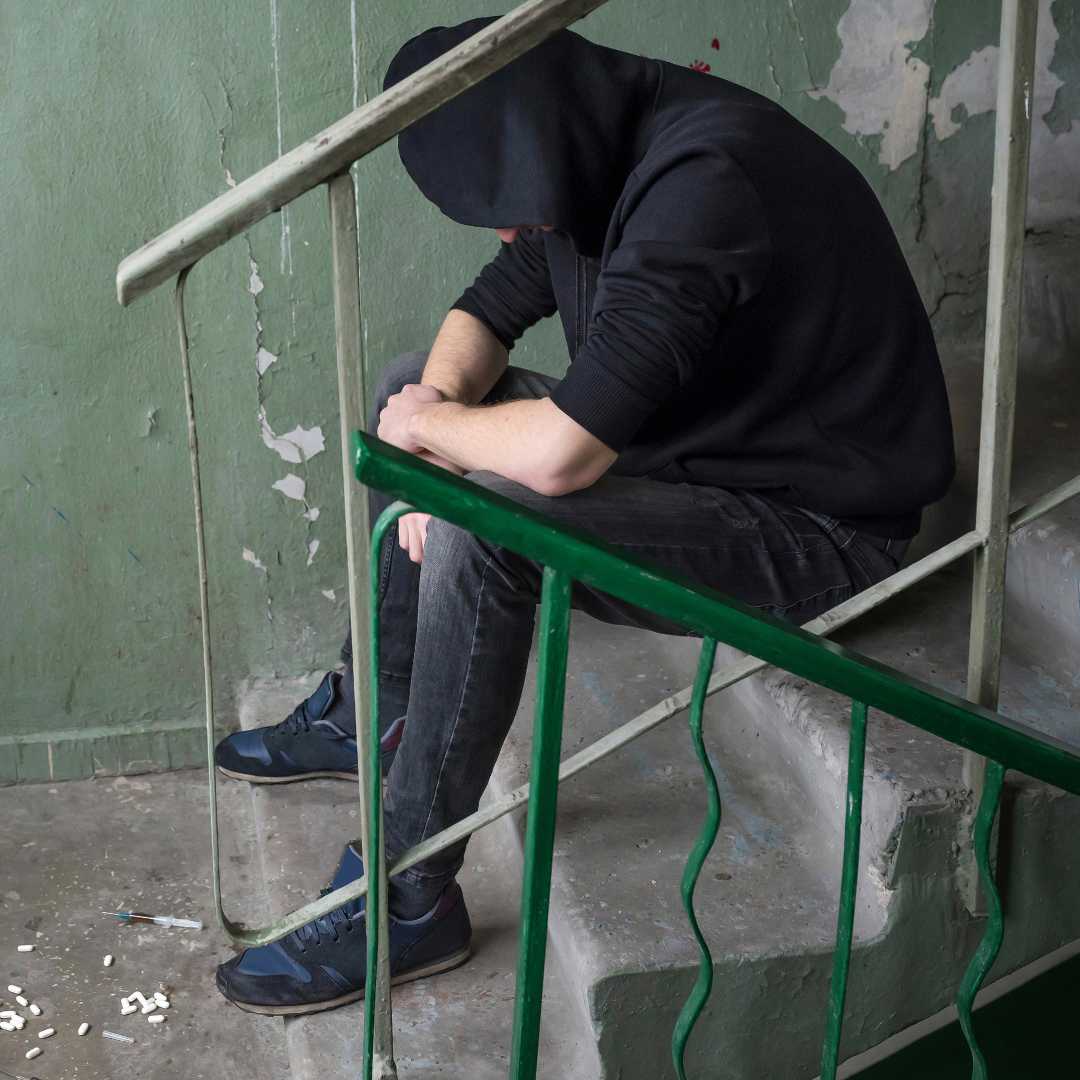

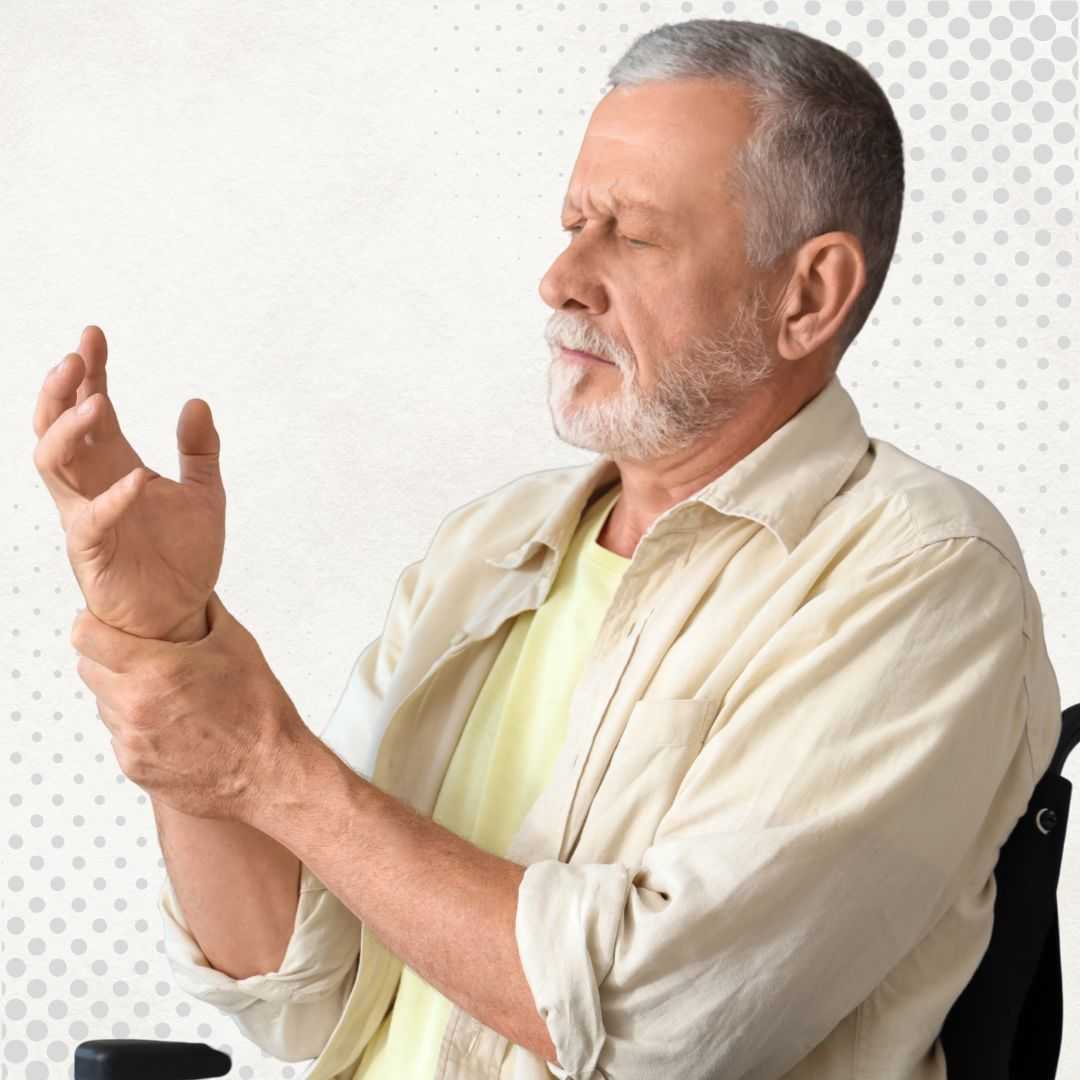
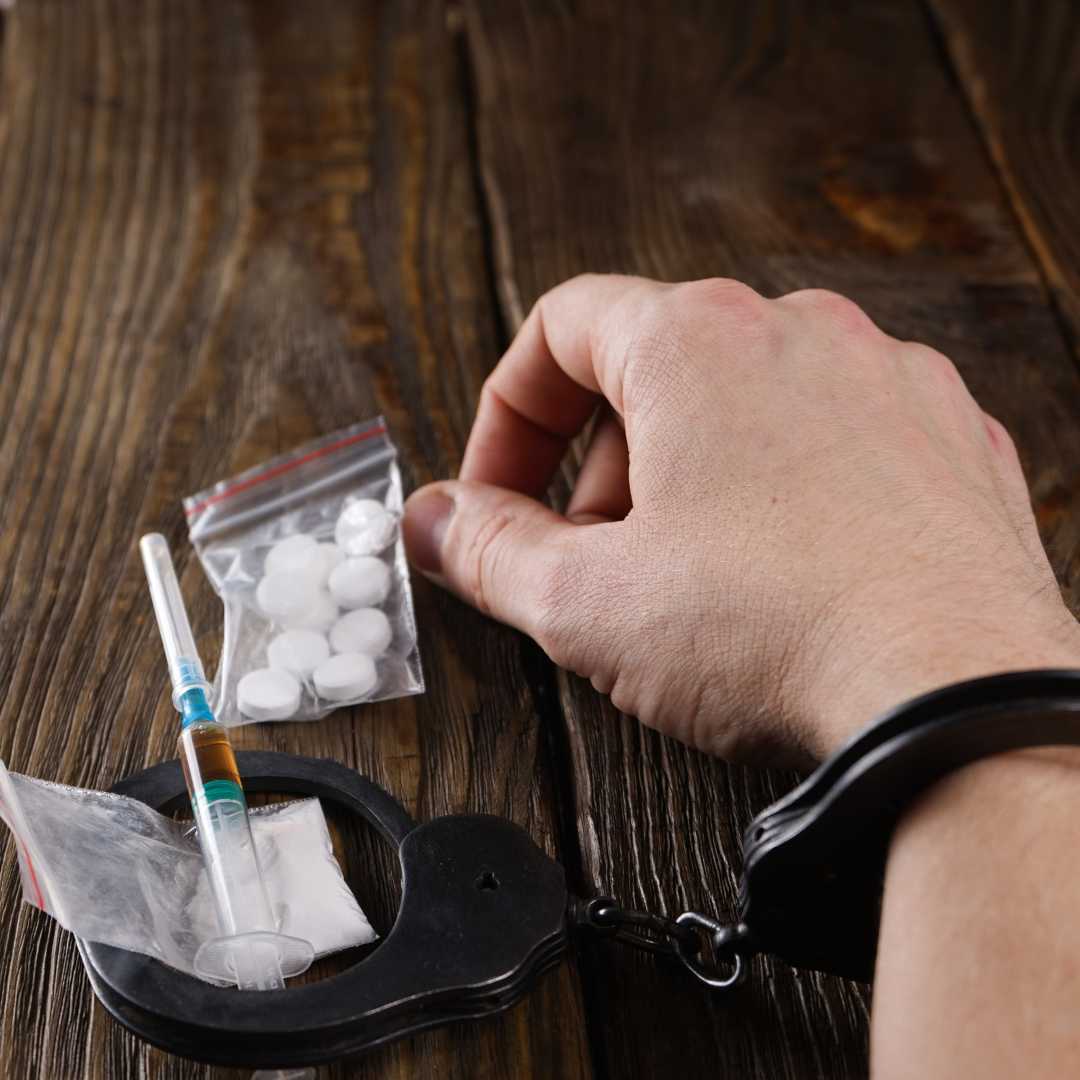
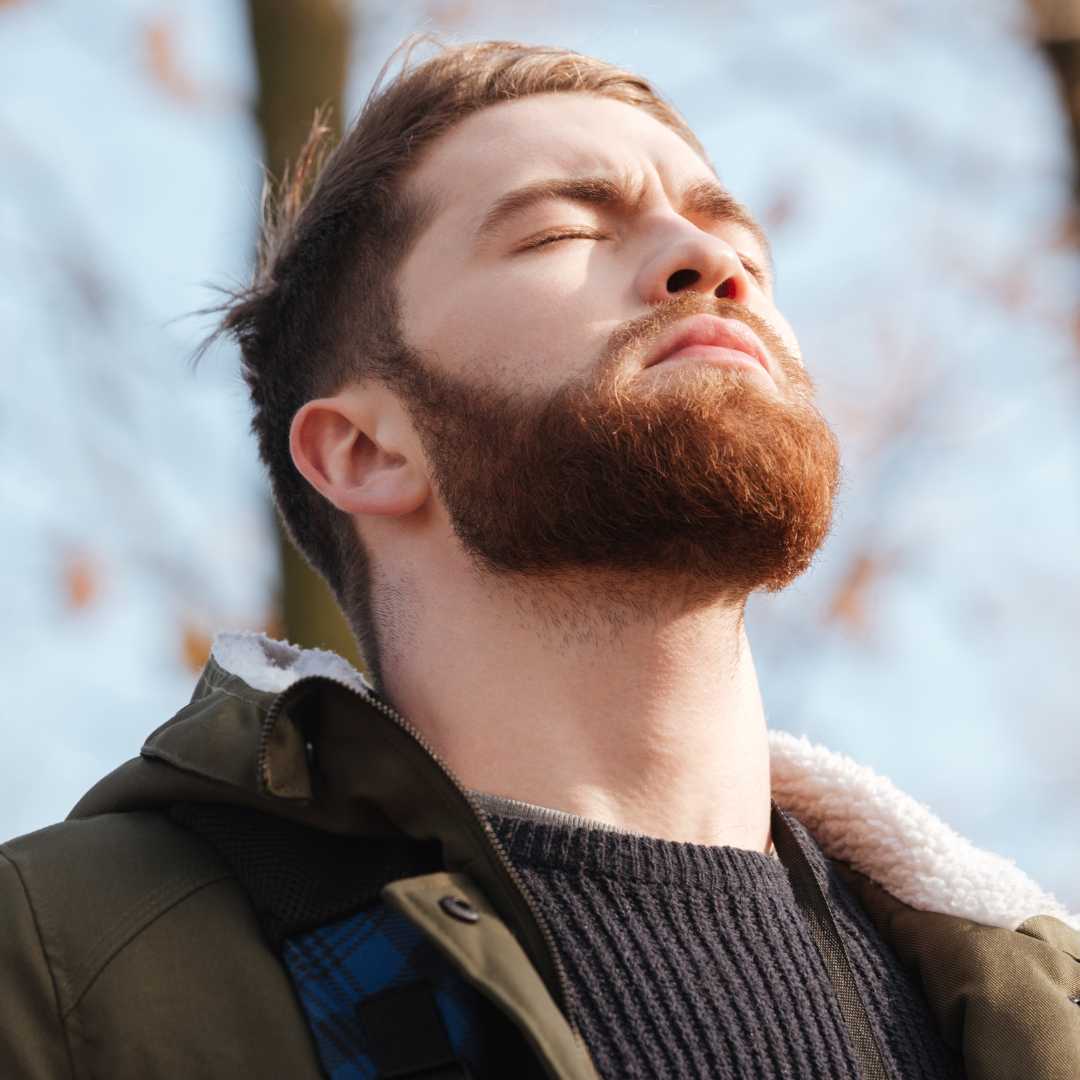
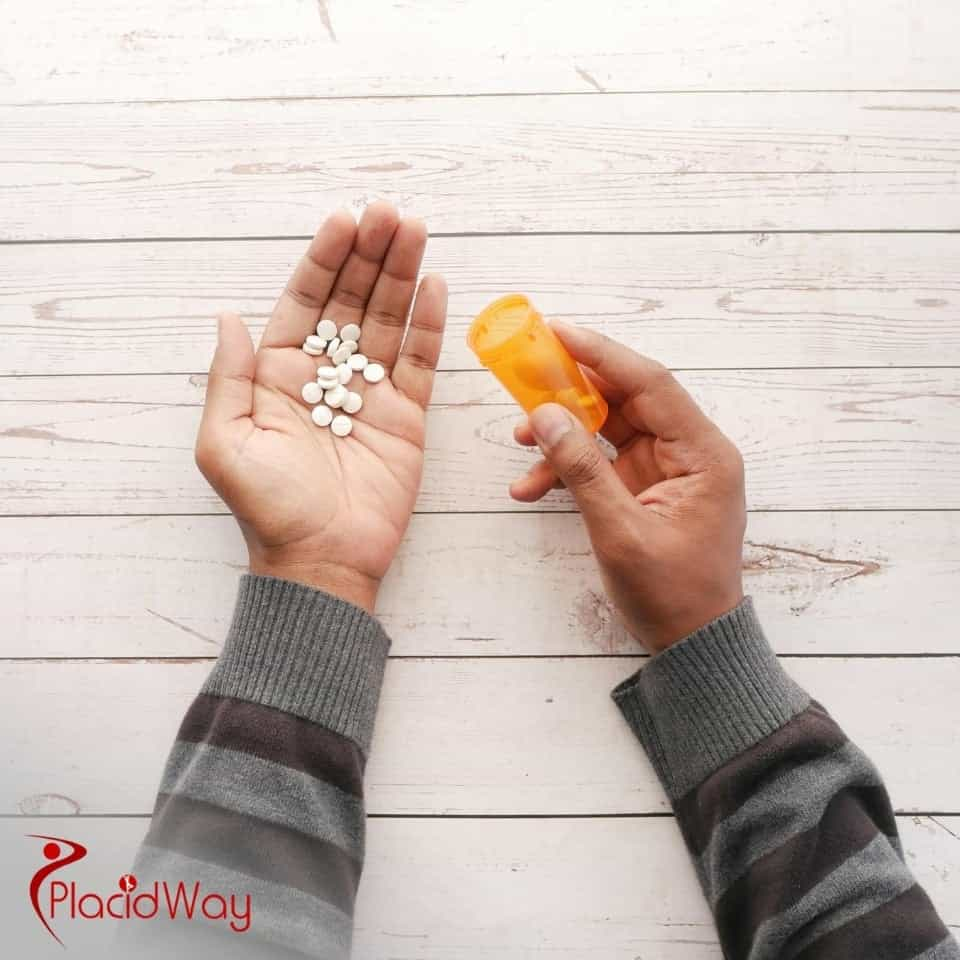
.png)
.png)

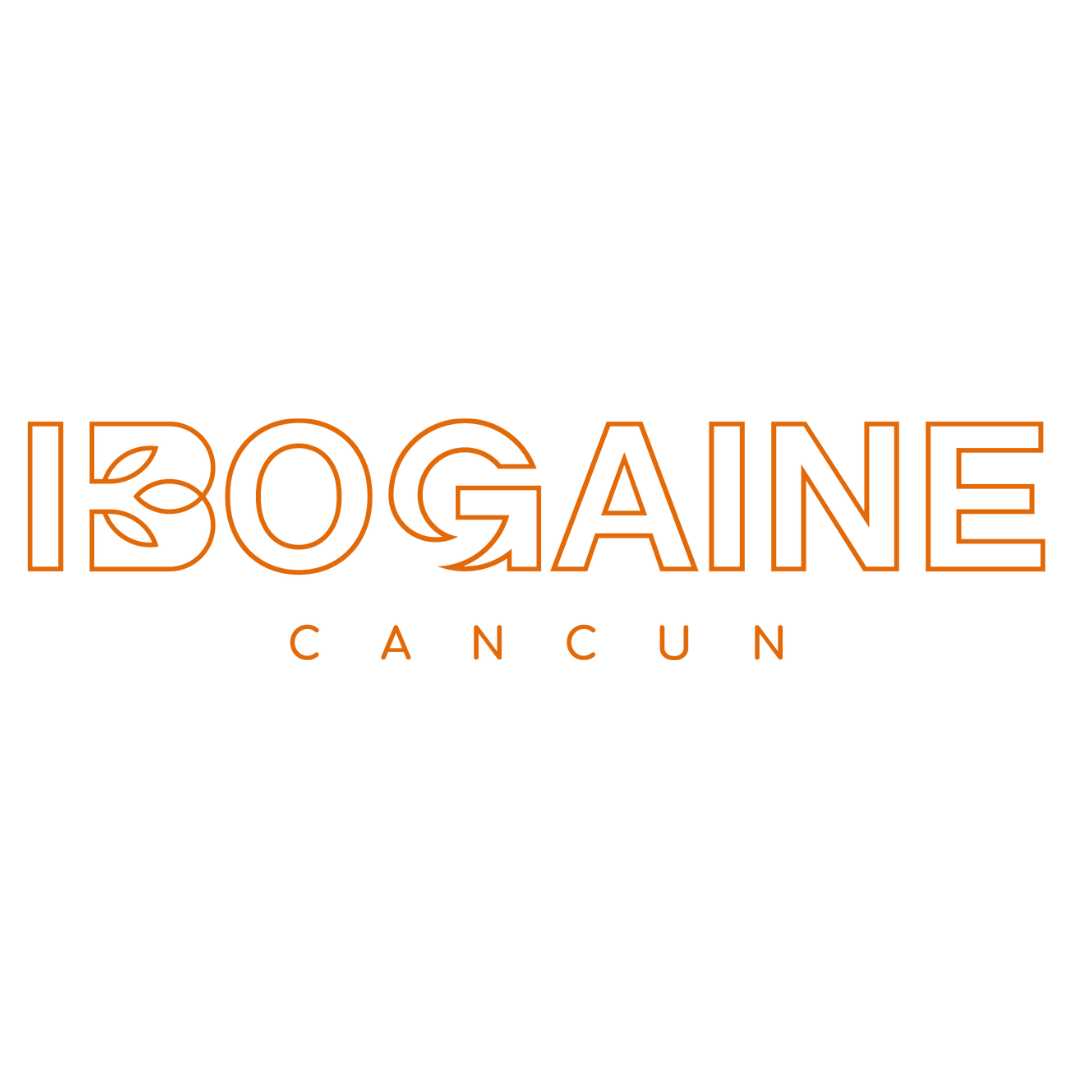
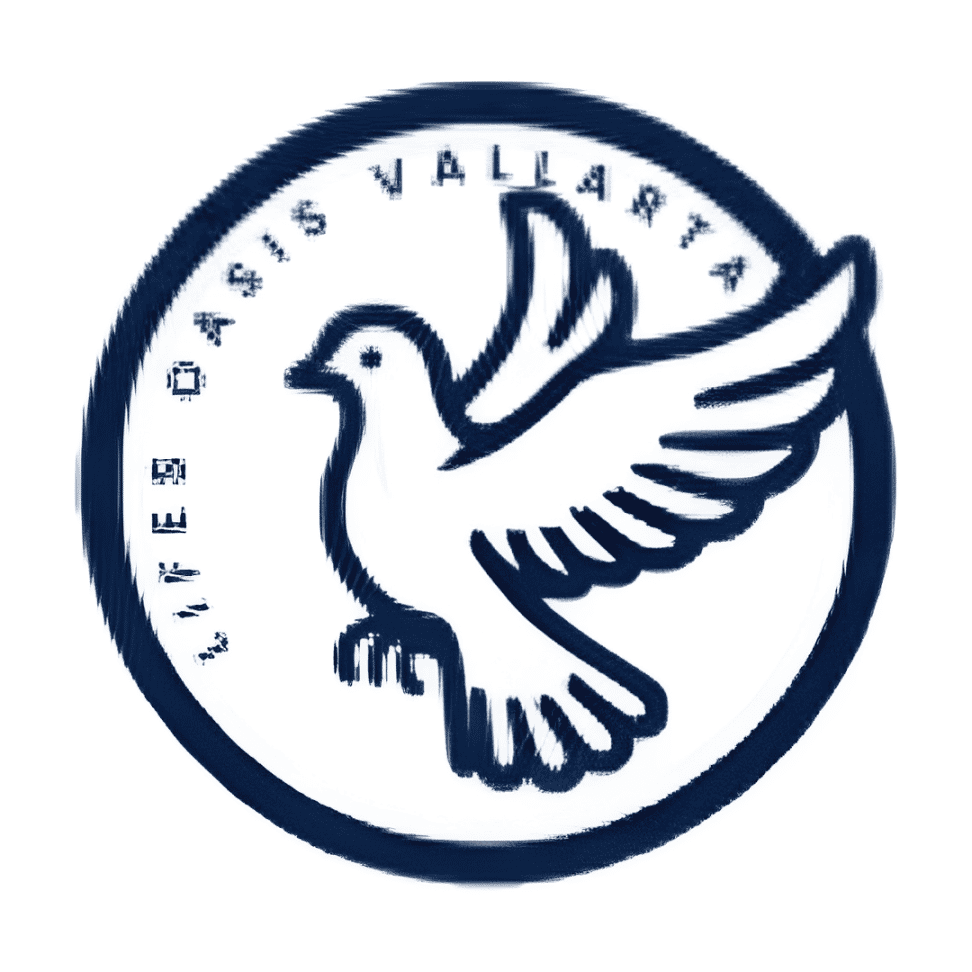
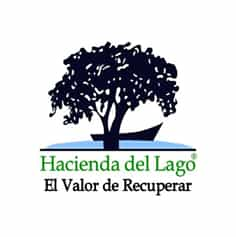
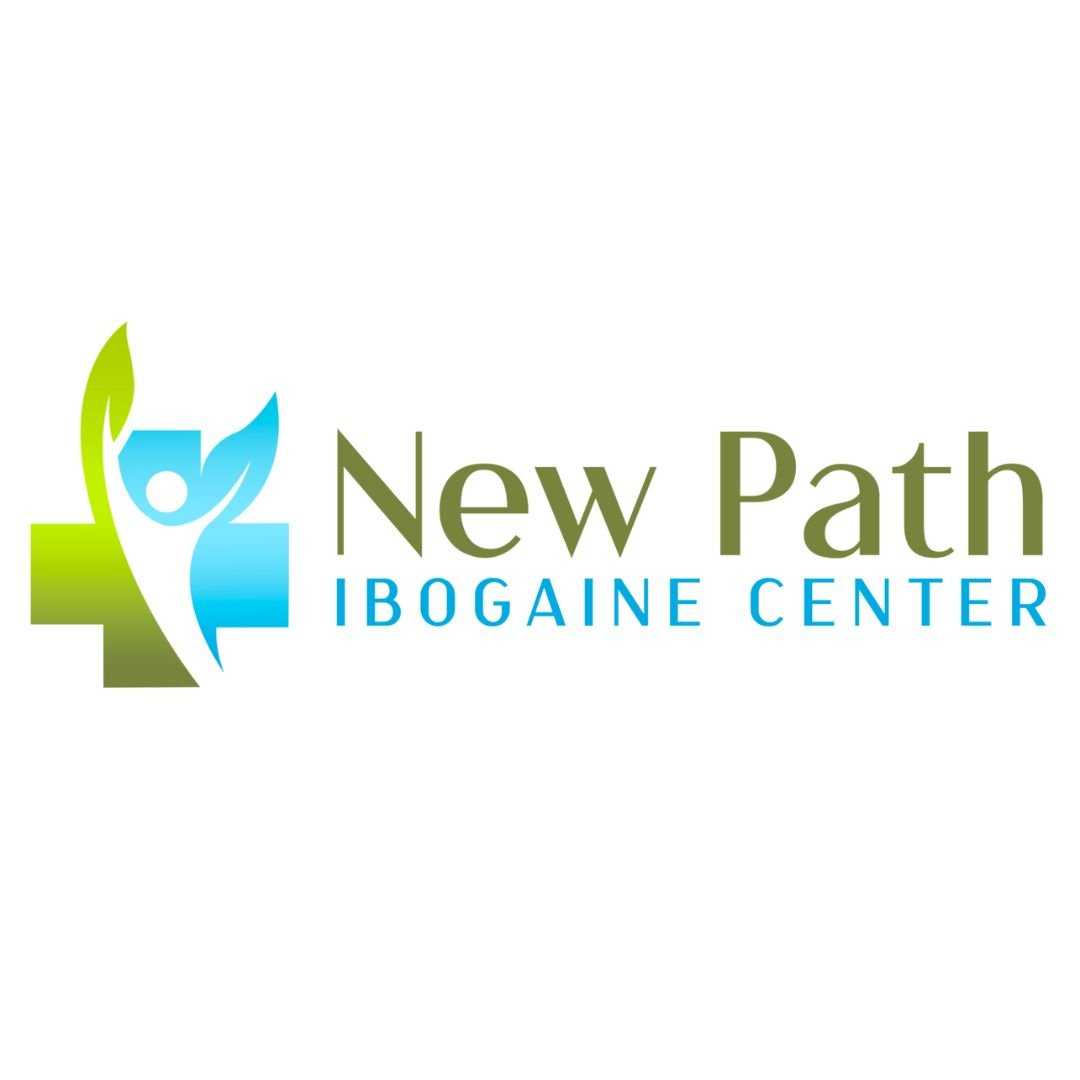

Share this listing